
One of the most profound aspects of any art form is to provoke thought, to not only entertain audiences but to give us something to ponder over for hours, perhaps days after a short 90-minute experience. With that being said, ultimately, a filmmaker’s greatest aim and goal with their films is in fact, to not provoke thought, but emotion, to speak to the densest of audiences at a deep emotional level.
Despite this obviously being no easy feat, and a true testament to a filmmaker’s ability, in the 21st century alone, there are countless films released with the very ability to evoke powerful emotional responses from a mass audience.
This list aims to highlight 10 such films, these films are by no means essentials, neither are they some compilation of obscure foreign films, but rather, a healthy blend of the two, aiming to hopefully reaffirm the status of some of the modern classics and hopefully introduce you to a few lesser known ones. These are 10 emotionally impactful films released in the 21st century.
10. Fat Girl
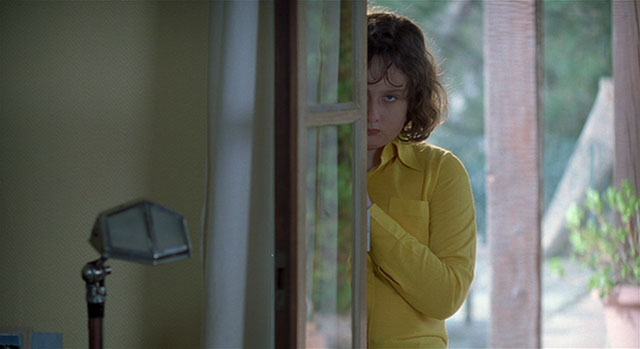
One of the more unique coming-of-age films ever put to cinema. More often than not, sex is a very common driving force of films of the genre, Fat Girl explores just that, two girls, siblings, one beautiful, and one, well fat, struggles with the whole idea of sexuality and their virginity, as well as their own relationship dynamics.
Fat Girl offers audiences a realistic portrayal of love, be it love between lovers, siblings or mother/daughter. What would otherwise be initially perceived as a flaw in terms of the pacing is actually intentional, with the filmmaker wanting to illustrate love in a way that’s personified but above all else, truthful.
The relationship between the two siblings seem unrealistic, rotating between love and hate in sometimes in the same conversation. This isn’t reflective of an unrealistic, bad flow, because the filmmakers behind Fat Girl clearly had a strong intent, rather, they wished to personify sibling love, dramatise the whole concept of love/hate relationship. The girls are constantly at odds, but they’re constantly there for one another, the same goes for the girls’ parents (though they don’t accept this as a fact). That’s the beauty of it all.
In addition to this seemingly dysfunctional family dynamics, we have the stock coming-of-age love story between two youths. What’s particularly well done about this love story is how information about the two characters are slowly revealed, traits that we didn’t already know or even expect- vulnerabilities, banalities, innocence. All these going on with the titular Fat Girl in the background as an afterthought, self-reflecting alongside the lovebirds, providing some sort of a grounds for the mania which is her arc for the rest of the film.
9. Nobody Knows
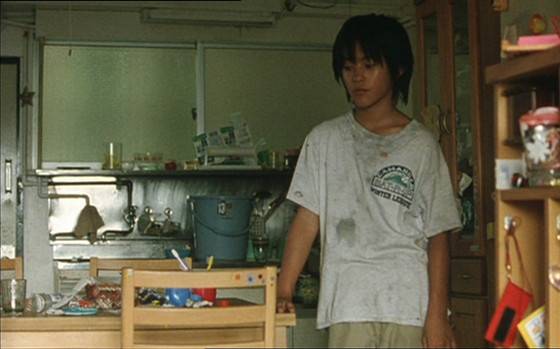
Koreeda’s dramatisation of poverty and abandonment manages to be both heartwarming and heartfelt, quirky and gritty, more importantly, meticulous and exhaustive.
The film examines the lives of 4 half-siblings, left to fend for themselves after their mother’s abandonment, forcing the eldest son, Akira into pseudo-parenthood. The film explores the aforementioned theme of parenthood and poverty, as well as the generalised coming-of-age themes like adolescence and love. However, what’s particularly interesting about Nobody Knows as a coming-of-age film is the fact that almost every aspect of that genre is seen as an afterthought, at least in Akira’s eyes.
He is still at the end of the day a child, a child with no chance to explore the wonders of childhood, a child thrust into the horrors of reality just a tad too early, so much that when presented with a moment of immaturity in the form of same aged peers, it stuck out distinctly like a sore thumb to audiences. He’s a kid trapped in an adult living in a kid’s body and he constantly struggles not only with external threats but very elusively, with himself. That’s what this film aims to illustrate, a realist take on the whole genre, failing to grasp tropes instead of subverting them.
Though realist reimaginings of stock genres is nothing too original, with the coming-of-age genre already seeing masterpieces like Eureka (which is film is alarmingly similar to), Fat Girl and the later Kid with a Bike by the Dardenne Brothers, what’s done exceptionally well in Nobody Knows is the fact that the film knows when to let loose and embrace the hedonism that comes with the genre with literally half the film consisting of heartfelt moments of joy with the film’s characters having fun with one another, making it very apparent that Koreeda is a filmmaker concerned with worldbuilding and immersion beyond anything else. He wants audiences to believe the world presented to them, a fact apparent in almost every scene.
A norm in arthouse cinema is the presence of long wides, Nobody Knows has just that but with so much depth in the frame, be it movement, clutter, background actions that the world seem very visceral – living and breathing, and not just a simple setpiece, which is something unique to take away from his filmmaking.
8. Biutiful
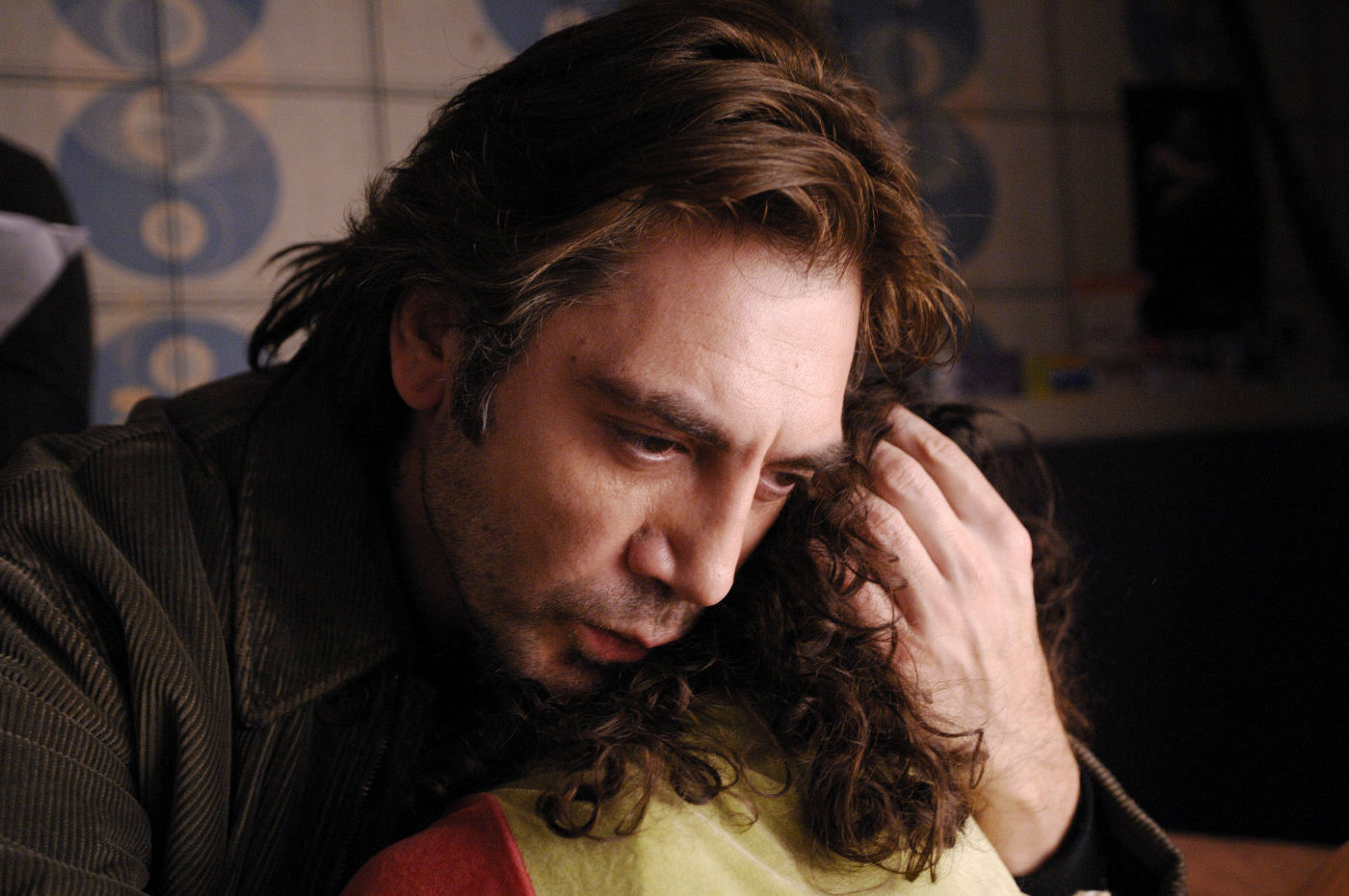
Biutiful, as the title aptly suggests, is what it is, a beautiful and poetic piece of filmmaking. Javier Bardem pulls an extremely heartfelt and incredible performance, making the world forget the monster he played just a few years prior in No Country for Old Men almost akin to what Mads Mikkelsen achieved in The Hunt. For an actor to demonstrate such a drastic range certainly reflects his mastery of the craft.
Aside from Bardem’s performance (and the rest of the amazing cast), the film’s sound is genuinely one of the best in recent memory. The very fact that something so unnoticeable and subtle is being alleviated to a level that’s powerful enough to notice but not bordering on blatancy is truly exceptional.
The cacophony of guilt, forced empathy and overall emotions experienced by Bardem’s character is truly brought to life with the film’s sound, everything from whispers to murmurs to heartbeats to simple atmospheric sound feels extremely well executed. On top of that, Gustavo Santaollala’s score is phenomenal as usual, but more so in Biutiful, feeling less of a complementary, but rather, a fundamental part of the film. Very rarely would a film’s score and sound design in general impact audiences beyond just the superficial emotion that it sounds amazing.
The innate theme of death is something recurring in Iñárritu’s filmography, with literally every single one of the films dealing one way or another with the whole concept of death. Biutiful is perhaps the most human and relatable of his entire filmography, chronicling the experiences of a single man as he attempts to get his affairs in order before he passes.
The situations he encounters and the way they develop is done in a way thats both realistic to his plight and emotionally draining, with the theme of empathy being extremely apparent in the film as well, with Uxbal having the supposed supernatural ability to see the dead.
This alleviates the sense of empathy he would have for his loved ones in the various unfortunate situations, and in turn, our own sense of empathy with the character, seeing his life slowly crumble apart with every minor action he does, sometimes with good intention, trigger a butterfly effect which ultimately worsens the situation.
It is criminal for the general population and critics alike to view Biutiful as Iñárritu’s worst, because aside from its considerably slower pace compared to the rest of his work and some scenes bordering on melodrama, which is honestly warranted considering the subject matter, this is nowhere near a bad film.
It’s a beautiful one.
7. Mommy
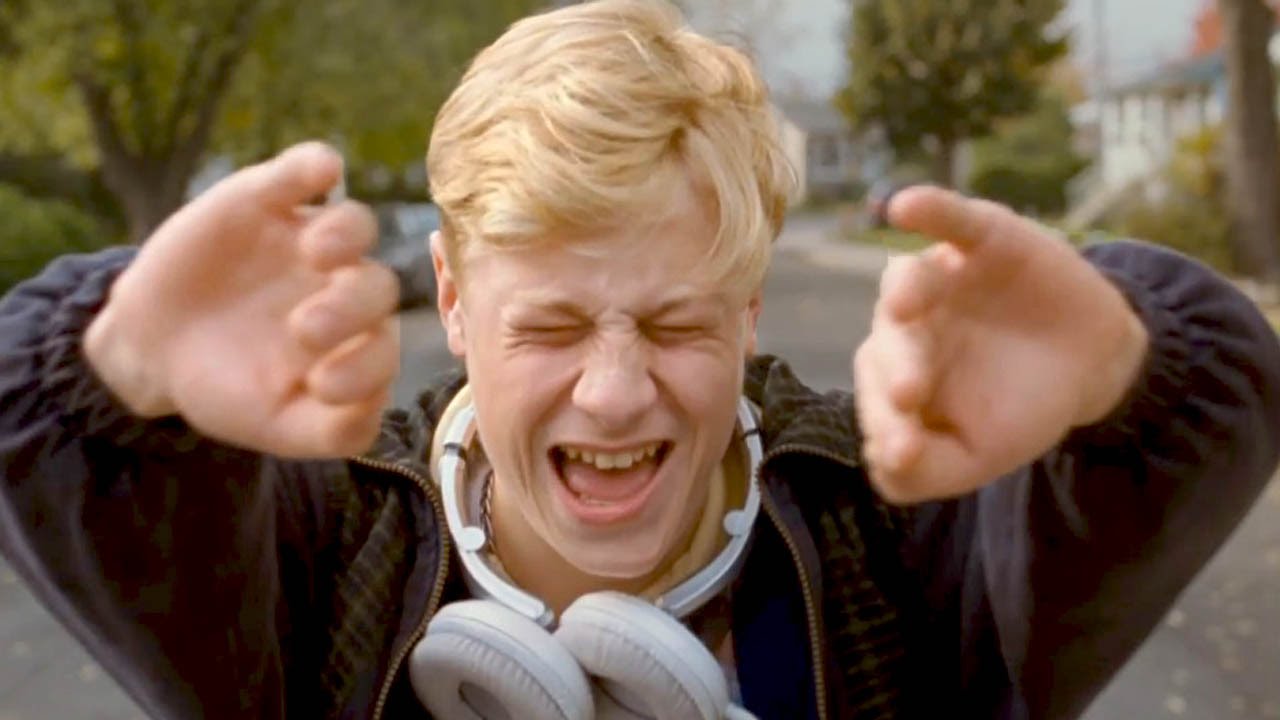
Xavier Dolan is perhaps one of the more interesting young filmmakers emerging in the film scene, having directed a half dozen films, all of which being of an extremely high standard. Mommy, his fifth feature, is undoubtedly his magnum opus, netting him the Grand Jury Prize at Cannes, an award shared with Jean-Luc Godard, perhaps one of the greatest and most notable filmmakers in the history of cinema.
Cannes, like any other awards ceremony, often have the reputation for awarding its prizes to otherwise undeserving and underwhelming films, Mommy is not such a film. Though the film’s biggest selling point is its unconventional 1:1 aspect ratio, the inherent story of the film is extremely heartfelt, telling an intimate story depicting a mother’s love for a troubled child, the love in which the film constantly questions and challenges.
Thrown in the mix is their neighbour, herself a former mother, and the relationship that ensues between the three is genuinely one of the most heartfelt put to screen in recent memory. Dolan essentially makes audiences fall in love with them despite their shortcomings, making every moment that would otherwise question their bond ever so impactful, even if it does come across as a little melodramatic.
Without going into much detail, the film’s unique aspect ratio also makes for surprisingly beautifully composed shots, which more importantly aid the story in narrowing audience focus down on character emotion, making us essentially care for them so much more. All in all, a powerful love letter to the whole idea of maternal love and a unique cinematic experience both visually and emotionally.
6. The Pianist
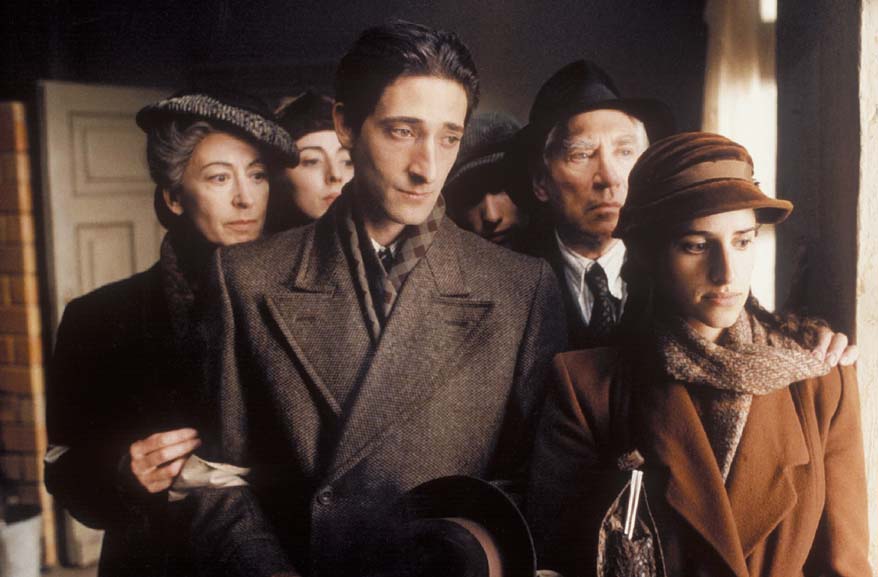
Films surrounding the background of the Holocaust always manage to do a decent job in pulling at the heartstrings. It’s almost a free pass in terms of making an emotionally impactful film, just consider films such as Schindler’s List, Life is Beautiful and Sophie’s Choice, all of which netted critical acclaim and earned rightful places in film history. So did the 6th film on this list, Polanski’s The Pianist. Though it’s no denying that Polanski has netted extreme controversy due to his previous actions, the work that he continually produces is undeniably brilliant, even if he isn’t as a person.
The Pianist tells the story of the titular pianist, Wladyslaw as he struggles to stay alive across the horrors of WWII. Despite being an epic, with the film’s timeline spanning from the War’s infancy to its twilight, The Pianist’s focus as a harrowing personal tale never faltered. It literally follows the endeavours of a single man throughout the whole ordeal, experiencing almost every tragic facet of the war firsthand, without seeming too overtly hyperbolic or preachy.
The film also featured a distinct lack of dialogue for close to half of the film, with Wladyslaw being, for the most part, left to his own devices, struggling in an almost Anne Frank fashion to stay alive amidst the war-torn background of Poland while still maintaining his sanity.
Overall, The Pianist is an extremely harrowing war epic that stands out in a subgenre of films already known for powerful images and ideas. The film also features one of the best performances of all time by Adrien Brody. Any actor whom managed to beat the likes of Daniel Day Lewis at the Oscars is certainly extremely methodical and of course, undeniably brilliant.